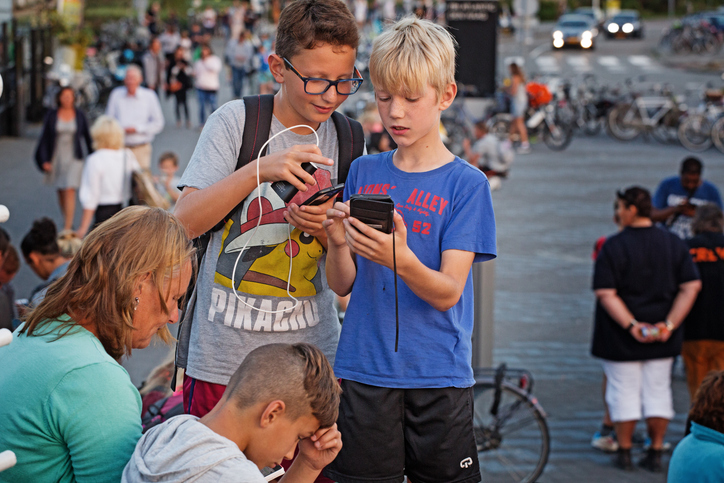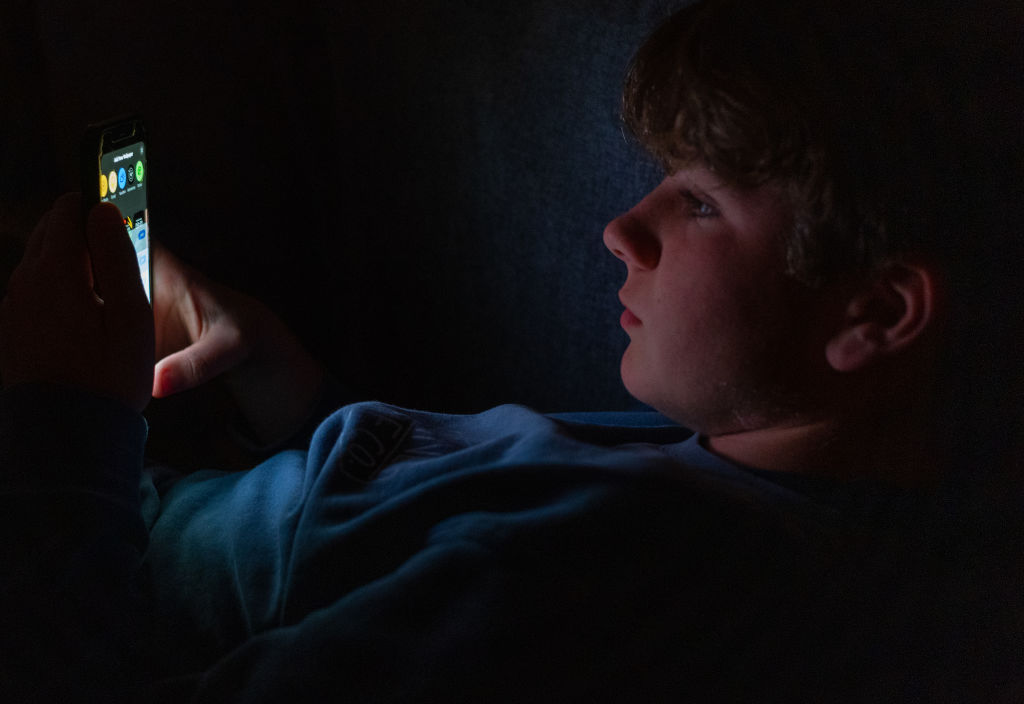The UK Government is eyeing a new crackdown on social media to spot early signs of street protests, according to a letter from ruling Labour Party MP Dame Diana Johnson, Minister of State for Policing, Fire and Crime Prevention.
Following the 2024 summer riots in the UK, the government said it planned to boost policing powers related to social media intelligence and online safety.
Johnson’s letter to Conservative MP Dame Karen Bradley, Chair of the Home Affairs Select Committee, revealed moves to create a National Internet Intelligence Investigations team within the National Police Co-ordination Centre (NPoCC).
“You [Dame Karen Bradley] asked about current plans to build police capability for using social media intelligence at the force and national levels,” Johnson’s letter of July 31 read.
“We are carefully considering recommendations made by the Committee and HMICFRS [His Majesty’s Inspectorate of Constabulary and Fire & Rescue Services] in this area, including building a National Internet Intelligence Investigations team as part of the National Police Co-ordination Centre (NPoCC).”
This team would monitor social media intelligence nationally and help local police forces use that information to manage public safety.
The Home Affairs Committee of the House of Commons in the UK published a report in April 2024, revealing that the British police struggled to monitor online content.
“It is clear that the volume of social media activity, including some originating abroad, as well as the amount of activity taking place on closed platforms such as Telegram, means that in many cases more national support is required,” the report read.
Johnson’s letter also mentioned the UK Online Safety Act as a tool to help social media, as it strengthened the digital environment police relied on to detect and respond to public safety threats.
“Whilst not directly relevant to the issues raised in your letter, I also thought it might be helpful to mention the implementation of the Online Safety Act.
“As you will know, that is a key plank to the government’s efforts to ensure the online world is safer for the public to use. The Online Safety Act requires platforms to remove illegal content. These duties were not in effect last summer, but came into force in March,” Johnson stated in her letter.
The day after the UK’s Online Safety Act came into force, protests outside hotels housing asylum seekers were effectively erased from public view for youngsters on platforms including X. https://t.co/GK819qJc9W
— Brussels Signal (@brusselssignal) July 29, 2025
It also noted that major platforms have reporting channels linked to law enforcement and police were supported in acting on those reports.
“We will continue to give the police the tools they need to tackle today’s public order challenges and ensure safety on our streets,” the letter concluded.
Last year, it was also revealed that France planned to monitor what citizens searched for on platforms such as Google, TikTok and Instagram to keep a close eye on public opinion regarding governmental policies, current events and potential protests, using artificial intelligence.
The French Government has said it planned to monitor what citizens search for on platforms such as Google, TikTok and Instagram. https://t.co/XGAHL6ZGwe
— Brussels Signal (@brusselssignal) November 4, 2024





